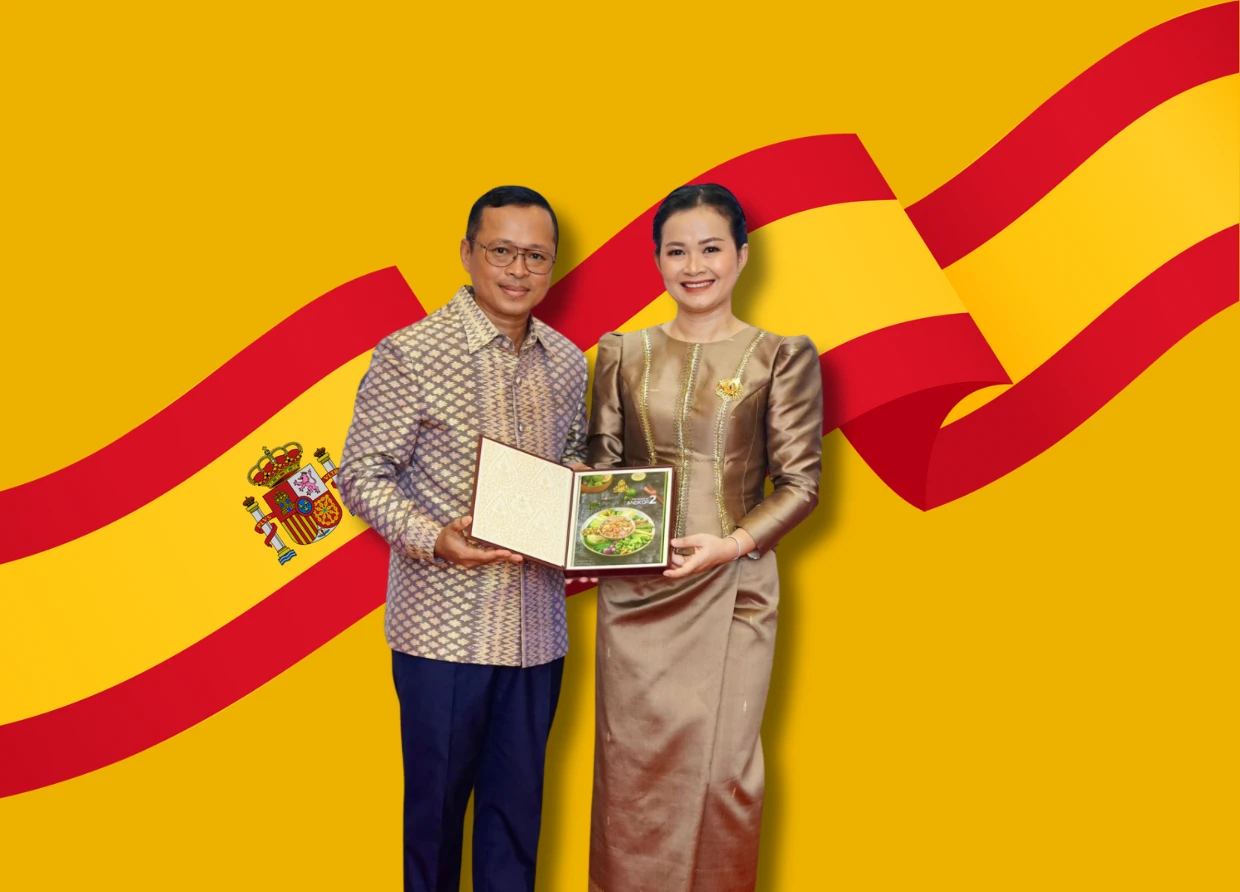WABISABI HOUSE: GUESTHOUSE IN YOGYAKARTA WITH A PASSION IN SUSTAINABILITY
Meet Shinta Kirana and Idham Nahri, owners of Wabisabi House.

The pandemic has inspired people to include sustainability in their products, but Wabisabi House did it first. They have already tried to utilize used goods for their properties.
Wabisabi, which means "beauty in imperfection" in Japanese, fits what they're doing here. See our conversation with Shinta Kirana and Idham Nahri, owners of Wabisabi House.
Wabisabi House is known to be one of the eco-friendly guesthouses. You use secondhand stuff to decorate. Where and how do you find that?
Anywhere! We often go through our parents' or other relatives' warehouses to find things that can be used. For us, it's like finding a time capsule. Our resort house (currently under construction) has a lovely sofa. We sat on that sofa during our ceremony. Every time we see it, it's like going back in time.
Using secondhand stuff is also a way for us to start protecting this planet. We, particularly my husband, have a strong artistic sense. He enjoys redecorating secondhand stuff to make them more gorgeous. Beauty doesn't have to be costly. The most important is how we take care of it with all our hearts.
Wabisabi's decor seems to be mostly white and turquoise green. Is there any perspective?
Firstly, we designed Wabisabi House as a beach house, with white and turquoise green as the theme colors, but the secondhand pieces of stuff we collect are more bohemian. In the beginning, we didn’t realize until most of our guests (said that we have such bohemian styled interior).
Tell us about Wabisabi's marketing strategy to reach your target market!
Actually, we don't have a specific marketing strategy. When the guest arrives, we do our best to serve and be a nice host. We attempt to interact directly with our guests from check-in to check-out, so people feel at home and view our guesthouse as a second home when visiting Yogya.
Our account at Airbnb, one of our Online Travel Agents (OTA), got rated five stars by guests. so when people search for unique guest houses in Yogya, our listing comes up first.
Have you had any funny experiences with guests at your Wabisabi guest house?
One of our most amusing stories was when guests mistook us for workers at our guesthouse. They ask, "Is the owner foreigner?". In fact, the person that they ask is right in front of their eyes! We have no hurt feelings. In the end, we just think that personal appearance matters in society.
Does Wabisabi feel the impact of uncertain times like the recent pandemic? Then how do you handle it?
We had no visitors for six months during the beginning of the pandemic. However, some relatives who work as videographers or content creators come here to rent our home for commercial shooting. That's Yogya. We help each other even in bad times.
What makes Yogya so special for the hospitality and tourism industry?
Jogjanese like to host visitors. They are well-known as humble people. The local's characteristic makes tourists want to come back, and the cost of living is quite low! You can buy everything here (laugh)! I often hear that Yogya is a culturally and artistically savvy city. There is always room for creativity in Jogja. When you visit Malioboro, there are a lot of art installations made by local artists here.
Give three must-see tourism sites in Yogya!
For dining dishes, I recommend Gudeg Permata. This is one of the traditional cuisines from Yogya made from young unripe jack fruit. In front of the gudeg, you will find wedang ronde, a traditional Javanese drink that makes your body feels warm. For morning breakfast, Jenang Bu Gesti at Lempuyangan Market is a must-try! The taste is very distinctive as the cooking process uses wood.
#THE S MEDIA #Media Milenial #Wabisabi House


























